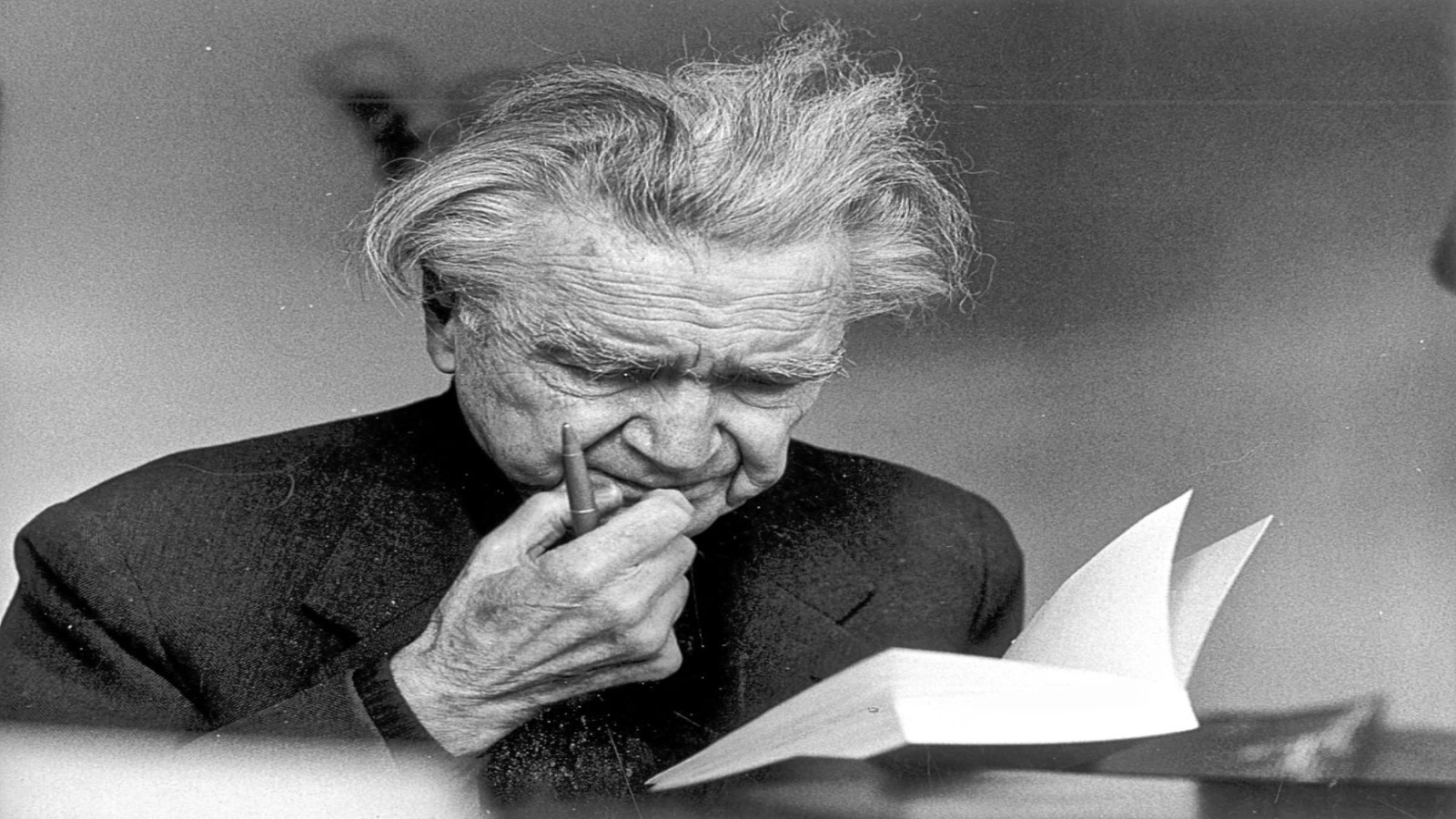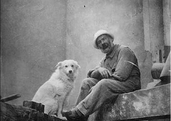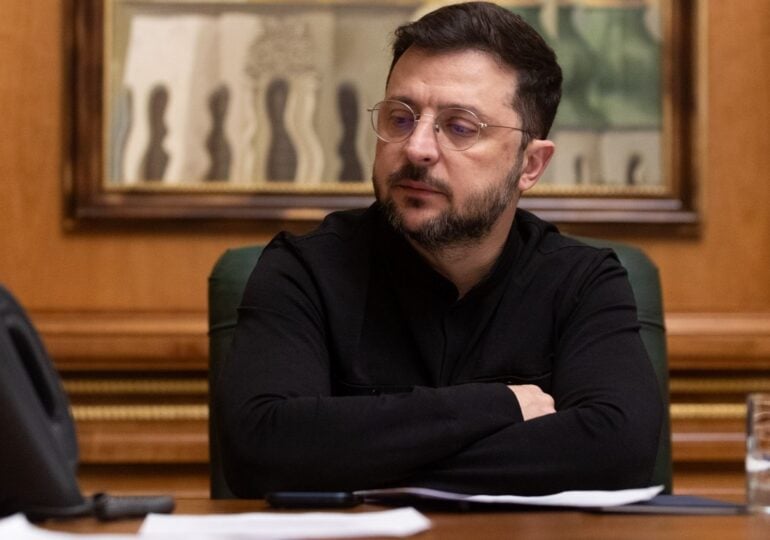On Friday, the Ministry of Culture celebrates the 111th anniversary since the birth of the great Romanian philosopher and essayist Emil Cioran, "one of the most important thinkers of the 20th century," emphasizing that his works remain "of reference for specialists and not only."
"His books, some of which continue to be controversial today, remain of reference for scholars and not only for them, the writer born in Rasinari being one of the greatest post-war philosophers of despair and one of the greatest stylists of the modern French language. The important part of the cultural heritage that bears the signature of Emil Cioran is also represented by his manuscripts," reads a on the Facebook page of the Ministry of Culture.
The Ministry recalls that it exercised its right of pre-emption and negotiation for the original manuscript entitled "Aveux et anathemes" by Emil Cioran, dated 1986, as the Minister of Culture, Lucian Romascanu, signed the acquisition agreement on March 25. "Four other manuscripts belonging to Mircea Eliade were bought at the same time," said the abovementioned source, Agerpres.ro informs.
Born in Rasinari, Sibiu County, Emil Cioran left his hometown to study at the "Gheorghe Lazar" High School in Sibiu. At the age of 17 he became a student of the Faculty of Letters and Philosophy at the University of Bucharest. Here he had Constantin Noica as a colleague and Tudor Vianu and Nae Ionescu as teachers.
In the last year of his studies he published articles in the periodicals "Calendarul," "Floarea de Foc," "Gandirea," "Vremea" and "Azi," and after graduation, in 1932, he enrolled with the doctoral school, hoping to obtain a scholarship to study in France or Germany.
Between 1933 and 1935 he lived in Berlin, where he was a fellow of the Humboldt Foundation, from where he returned home in 1936 to be, for a year, a professor of philosophy at the "Andrei Saguna" High School in Brasov. "He did not like to teach and he used to tell his students that philosophy should be judged, not learned," the Ministry of Culture said.
He then left for Paris on a scholarship granted by the French state, which was extended until 1944. He settled permanently in France in 1945, after his Romanian citizenship was withdrawn.
For his first volume, "Pe culmile disperarii" [On the Heights of Despair], published in 1934, he received the awarded the Young Writers Prize and the Commission's Prize for a new young writer.
He then published, among other books, "Schimbarea la fata a Romaniei' [The Transfiguration of Romania], "Amurgul gandurilor" [The Twilight of Thought], "Cartea amagirilor" [The Book of Delusions], "Indreptar patimas" [A Passionate Handbook], "Lacrimi si sfinti" [Tears and Saints], "Ispita de a exista" [The Temptation to Exist]," "Tratat de descompunere" [Treaty of Decomposition], "Despre neajunsul de a te fi nascut" [On the Inconvenience of Being].
He died in Paris on June 20, 1995.
In 2009 he was declared a post-mortem member of the Romanian Academy.
































Comentează